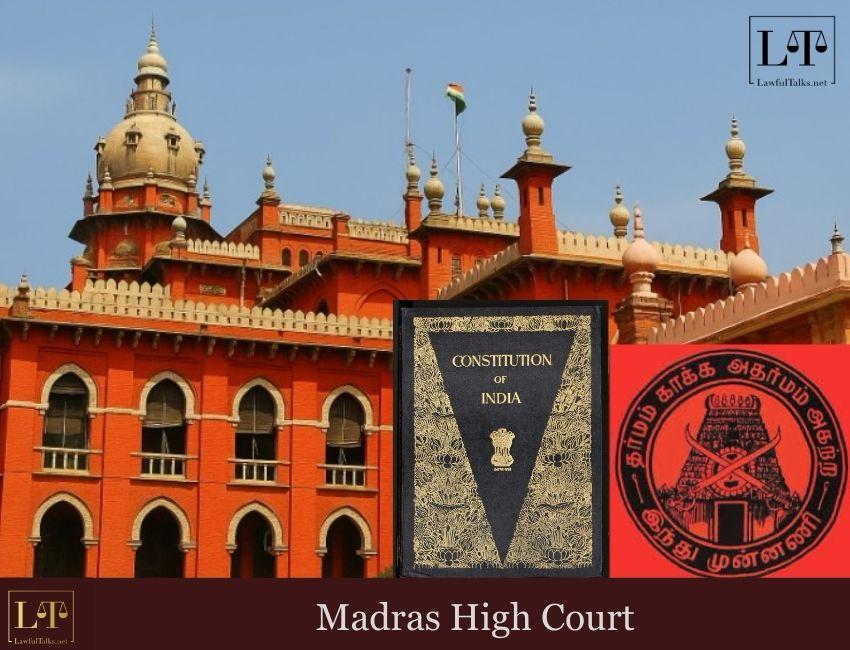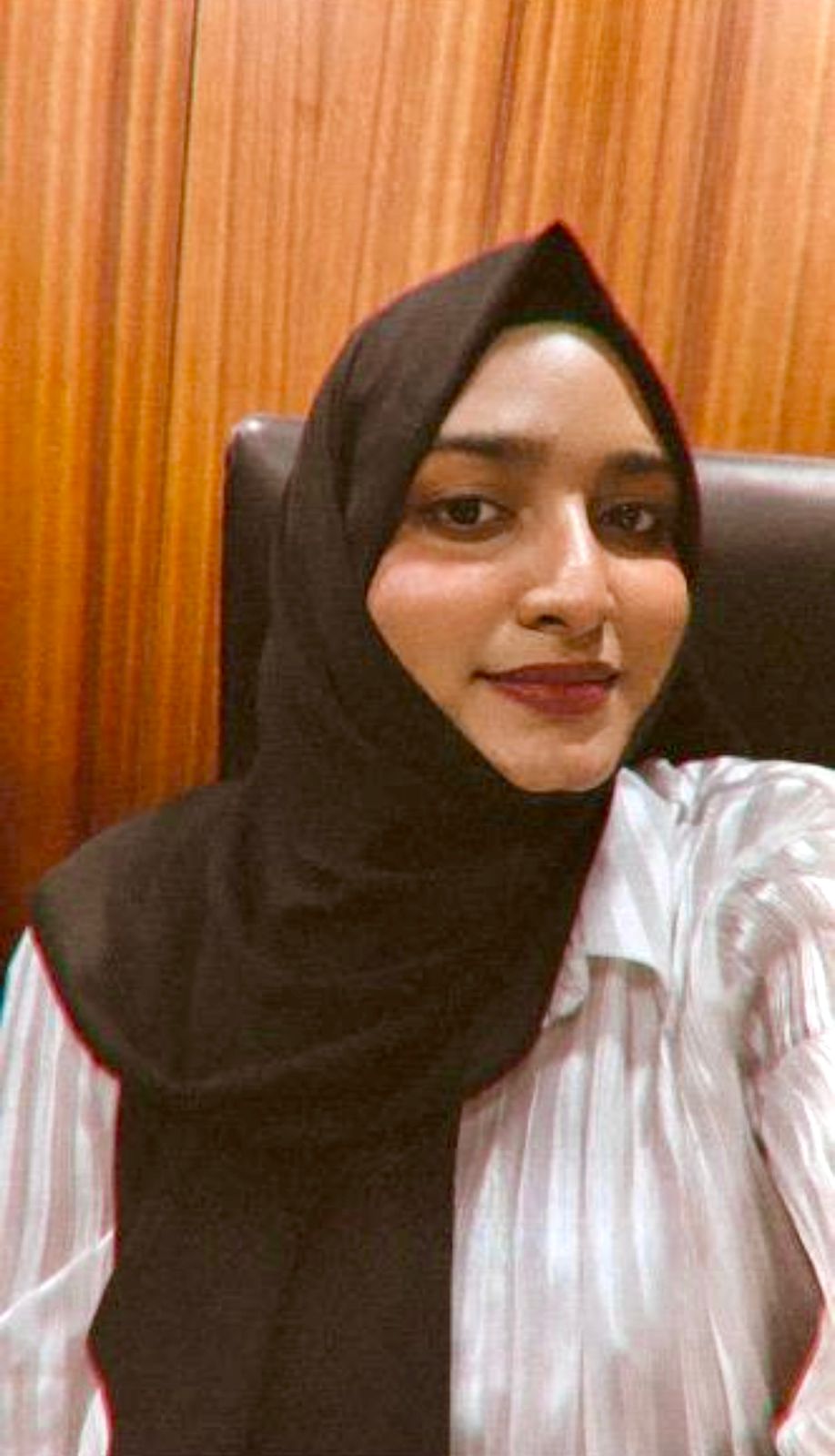Allahabad HC Sets Aside Afzal Ansari's Conviction, Allows Him to Continue as MP

Justice M. Jothiraman of the Madras High Court recently granted anticipatory bail to three Hindu Munnani workers accused in a case involving alleged hate speech. But the court's decision came with a unique condition aimed at helping the accused better understand the constitutional values and principles outlined in the Indian Constitution.

Specifically, the petitioners were ordered to write out the preamble of the Constitution, along with Article 19 (which guarantees freedom of speech), Part IV-A, and Article 51A (regarding fundamental duties), ten times in a notebook.
This task could be completed either in Tamil, Hindi, or English and the completed notebook was to be submitted to the Magistrate court.
Justice Jothiraman made it clear that this condition was intended to ensure that the accused developed a deeper comprehension of the Constitution's objectives and constitutional values.
The court stated, "In order to understand the object and constitutional values enumerated under the Constitution of India, the petitioners/ Accused Nos. 1 to 3 are directed to write Preamble of the Constitution of India Article 19 and Part-IV-A - Article 51-A Fundamental duties, Ten times in a notebook, either in English or Tamil, and to submit before the concern judicial magistrate Court."
Background:
The case originated from anticipatory bail pleas filed by the three Hindu Munnani workers, who feared arrest for allegedly committing offences punishable under multiple sections of the Indian Penal Code.
These sections included 192 (wanton provocation with intent to cause riot), 196(1)(a) (promoting enmity between different groups), 197(1)(c) (imputations prejudicial to national integration), 352 (intentional insult to provoke breach of peace), and 353 (statements conducting to public mischief) of the BNS.
The prosecution claimed that the accused, while protesting attacks on Hindus in Bangladesh, made inflammatory and hateful remarks intended to incite public riots.
The accused, on their part, submitted that they had obtained prior permission from the court to organize the protest highlighting the genocide of Hindus.
They also contended that they were wrongfully implicated, had no bad antecedents, and were willing to follow any conditions laid down by the court.
They assured the court that they would not tamper with evidence or abscond from the proceedings.
The Additional Public Prosecutor, however, opposed the bail plea, arguing that the accused had delivered hateful speeches that could provoke public disorder and highlighted that the accused had a history of several previous cases; hence, dismissal of the plea was sought.
Observing that the accused had received court permission to conduct the protest, the Madras High Court consented to grant anticipatory bail with the above-mentioned conditions.
Case Details : Raja Mathan and Others v. State of Tamil Nadu
Advocate for Petitioner: Mr. Niranjan S. Kumar
Advocate for Respondents: Mr. R. Meenakshi Sundaram Additional Public Prosecutor

Anam Sayyed
4th Year, Law Student
Latest Posts
Categories
- International News 19 Posts
- Supreme Court 347 Posts
- High Courts 361 Posts


















































































































































































































































































































































































































































































































































































































































































































































